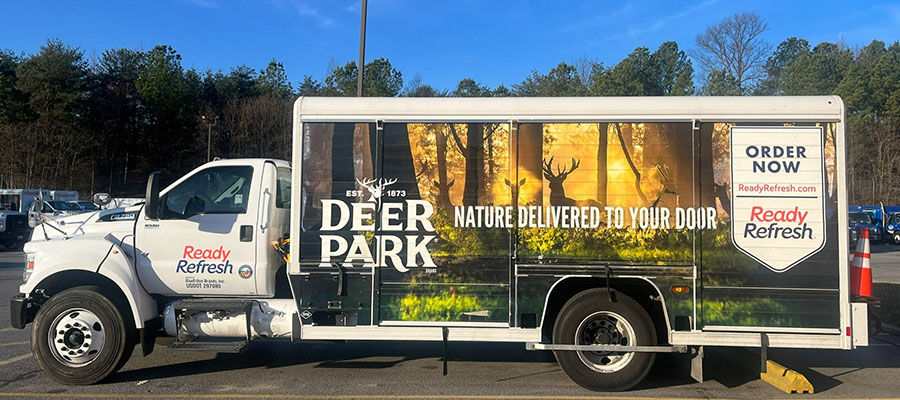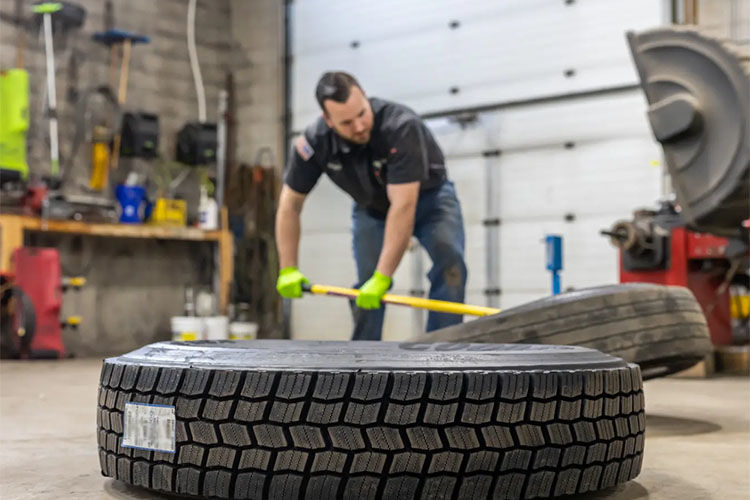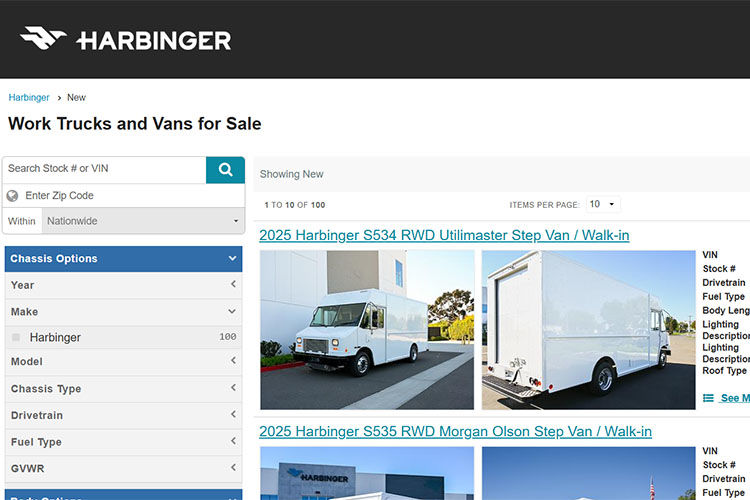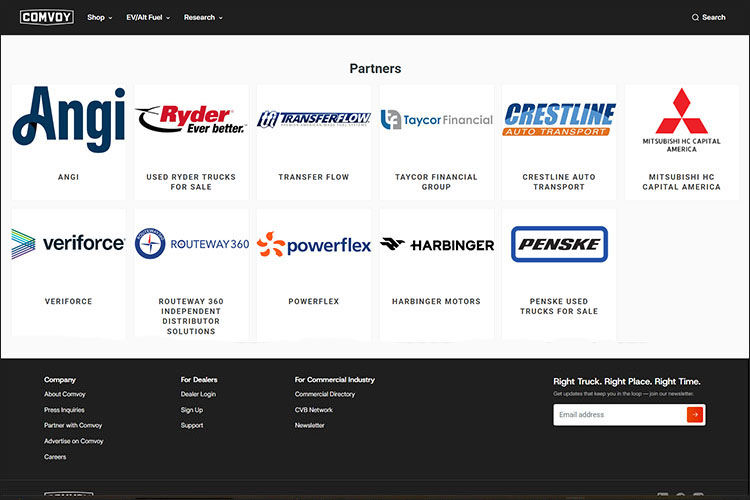Driving Towards Clean Fuel: The Impact of Propane Autogas Conversion in Achieving Net Zero Emissions


Driving Towards Clean Fuel: The Impact of Propane Autogas Conversion in Achieving Net Zero Emissions
Climate change and environmental sustainability are increasingly central concerns shaping both policy and practice across numerous sectors—notably, the transportation industry. As much as 29% of greenhouse gas emissions originate from transportation, urging the need for consideration of a transition to cleaner fuels.
Federal and State Net Zero Mandates and Regulations
Government policies substantially influence the adoption of non-diesel or alternate fuels. Both federal and state regulations are trending towards more robust support for alternative fuels to meet climate objectives. Although mandates can produce anxiety for business owners and commercial fleet managers, they often include incentives like tax breaks and grants for businesses making the switch to alternative fuel usage.
Emergent in this quest for compliance and positive evolution is Propane autogas, an alternative fuel with a proven history and significant potential for expansion.
Propane Autogas: A Promising Alternative
Propane autogas (Liquefied Petroleum Gas, or LPG) is a clean-burning, eco-friendly fuel that presents substantially lower greenhouse gas emissions compared to conventional diesel.
SHOP ADVANCED FUEL VEHICLES NOW
Beyond the environmental scope, however, transitioning to propane autogas offers noticeable business advantages. Propane autogas vehicles typically feature lower running and maintenance costs and deliver performance on par with their diesel counterparts, providing significant economic savings.
“Propane offers a readily available, affordable, and uncomplicated solution to reduce emissions,” said Todd Mouw, executive vice president at ROUSH CleanTech. “All ROUSH CleanTech propane products are certified to the ultra-low NOx level of 0.02/bhp-hr, making them 90% cleaner than the strictest federal emissions standard.”
Additionally, companies transitioning to cleaner operations further their corporate social responsibility commitments, benefiting stakeholder relations and providing an advantageous edge in an increasingly eco-conscious marketplace.
Real-World Example
With more than 160 vehicles in its fleet, DDA Transport was seeking a solution to reduce its carbon footprint that wouldn't burden them with infrastructure constraints or costly maintenance.
“As a supplier to the U.S. Postal Service, we are continually striving to find ways to protect the environment through sustainability efforts,” said Dwayne Andreasen, president of DDA Transport. “Our fuel consumption is our biggest environmental concern, so the ability to lower this impact through propane autogas helps us achieve our short and long-term goals.”
The contractor estimates it will save $25,000 in fuel spending and up to an additional $15,000 in maintenance and uptime costs for each truck annually compared to their diesel models.
Purchasing vs. Converting
Companies looking to transition their fleets to propane autogas basically have two options: purchase new vehicles or convert existing vehicles.
Purchasing new vehicles is often the most straightforward approach, but it also comes with a higher initial cost than converting existing vehicles. Propane autogas vehicles are available for purchase from a variety of different manufacturers. These vehicles are typically priced similarly to their diesel equivalents and feature the same fuel economy ratings, which means that they offer comparable running costs while also providing environmental benefits. However, purchasing new propane autogas-powered vehicles requires significant upfront investment in terms of capital expenditure.
Converting existing diesel-powered trucks and buses can be more cost-effective, but it requires more time and expertise from your service provider. With adequate planning and a certified service provider, converting existing diesel vehicles offers a viable alternative route to transitioning away from traditional fuels.
Converting Diesel to LPG: Certification and Retrofitting
Converting from diesel to propane autogas involves installing certified conversion kits and engaging trained retrofitting technicians. Regulatory authorities ensure that all conversion kits and installers meet stipulated safety and performance standards, preserving the operational integrity of the transformed vehicles.
“Propane is the common sense approach; it works and will do the job you need it to while meeting regulations,” said Todd Mouw, executive vice president of ROUSH CleanTech, an advanced clean transportation solutions company. “In an increasingly complex world, propane keeps things simple for fleet operators.”
Conclusion
The switch from diesel to propane autogas represents a significant stride towards cleaner transportation and the pursuit of net zero emissions. As our society continues to address the pressing concerns of climate change, we understand that the path forward involves strong support for clean fuel initiatives from both businesses and policymakers. The adoption of alternative fuels embodies a blend of environmental responsibility and economic sustainability, definitely a journey worth exploring.
SHOP ADVANCED FUEL VEHICLES NOW
Published on: January 15, 2024 Driving Business Growth Through Financial Flexibility: How You Buy Your Truck Matters
Driving Business Growth Through Financial Flexibility: How You Buy Your Truck Matters The Comvoy 2026 Event Calendar: We’ll See You There
The Comvoy 2026 Event Calendar: We’ll See You There Wheel Safety Is Your Business: How to Protect Your Fleet and Your Bottom Line
Wheel Safety Is Your Business: How to Protect Your Fleet and Your Bottom Line Harbinger Electric Step Vans and Cab Chassis Vehicles Now Available on Comvoy
Harbinger Electric Step Vans and Cab Chassis Vehicles Now Available on Comvoy Comvoy’s Partner Network: Your Shortcut to Smarter Fleet Solutions
Comvoy’s Partner Network: Your Shortcut to Smarter Fleet Solutions







